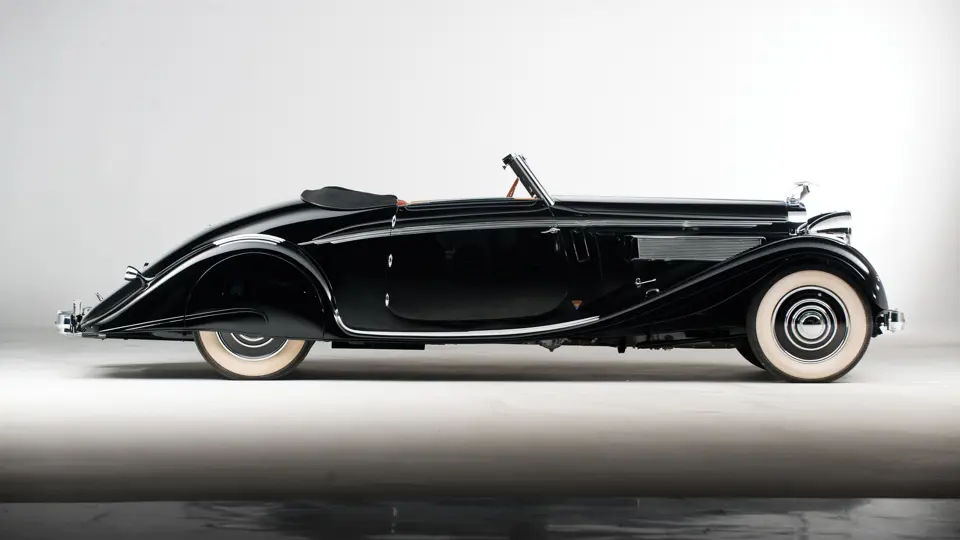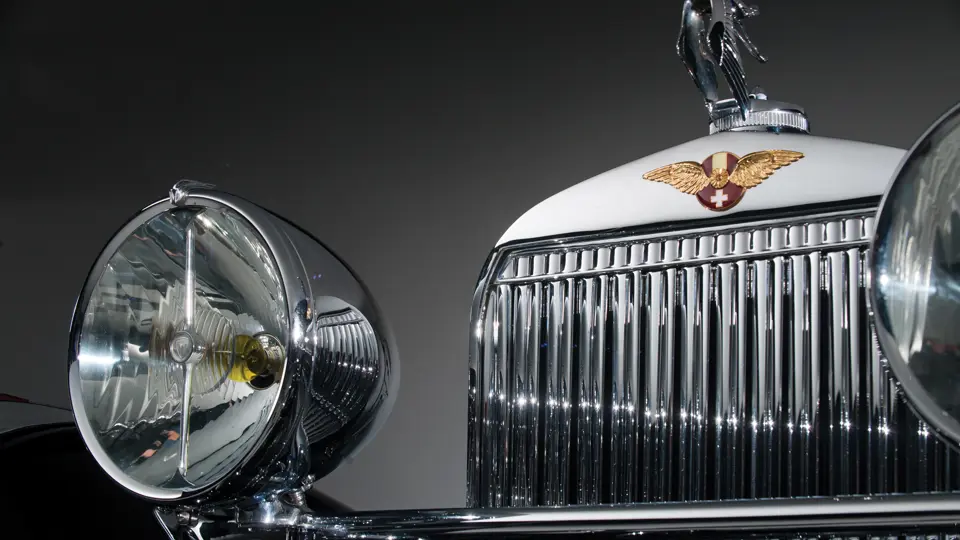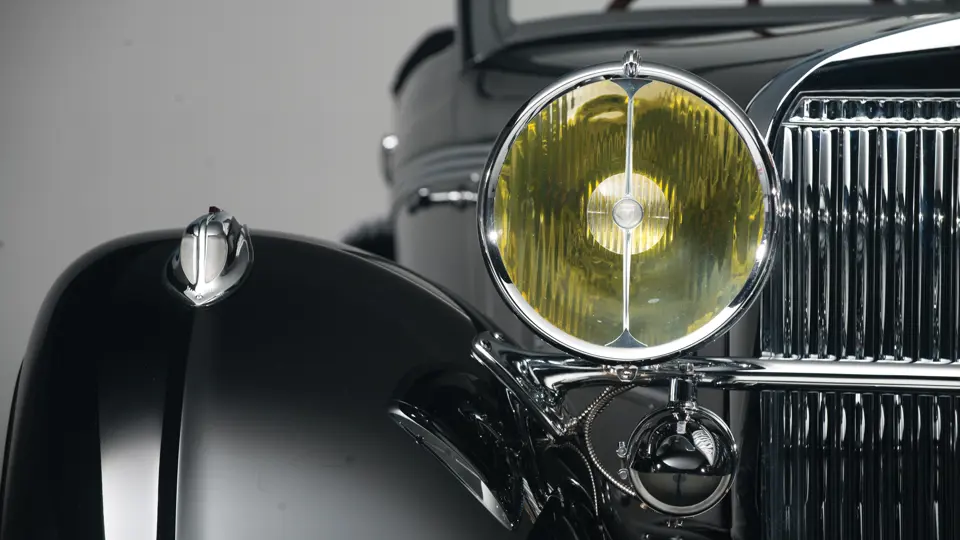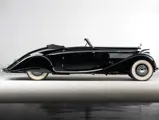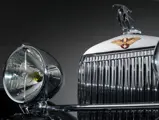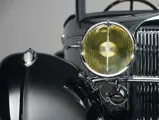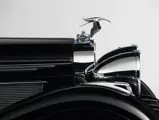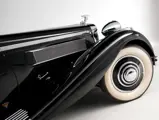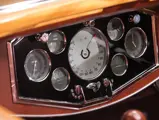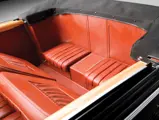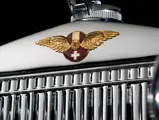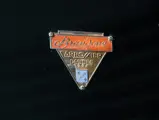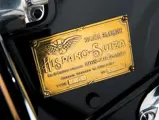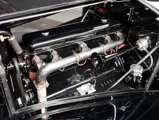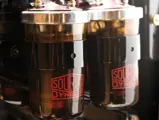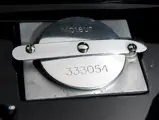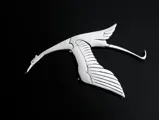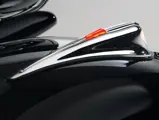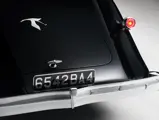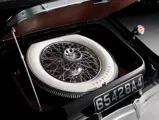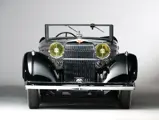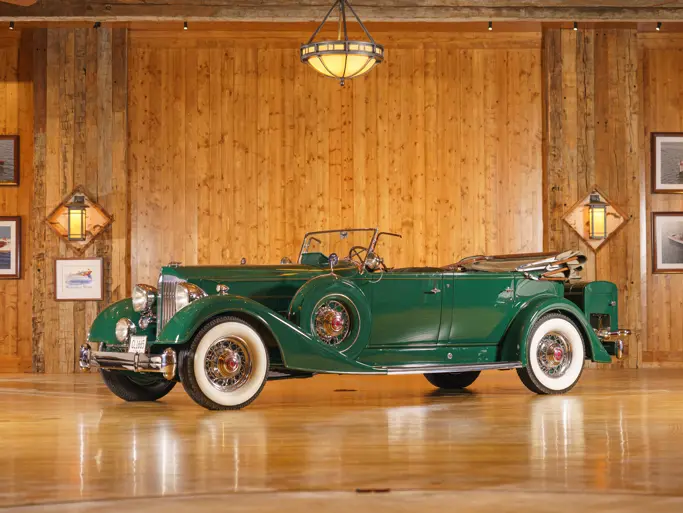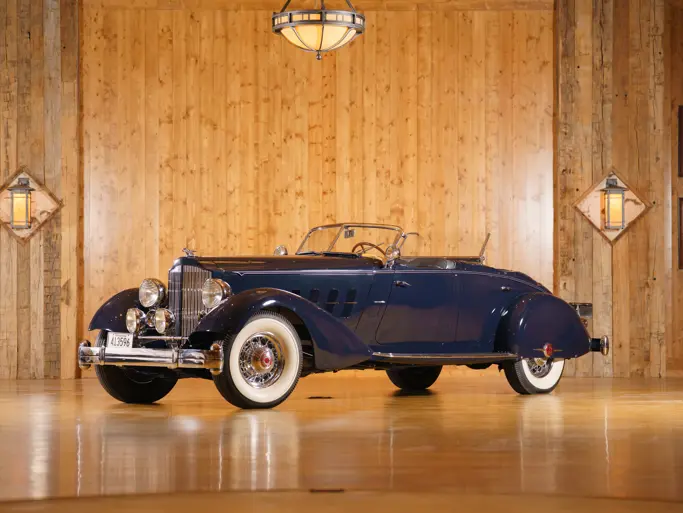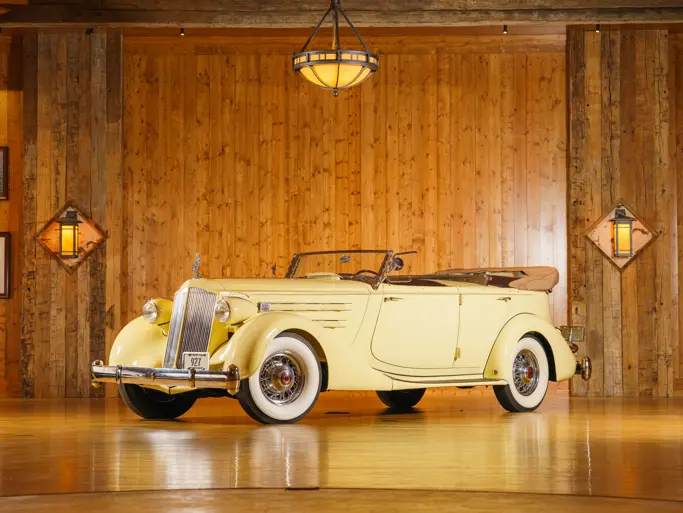
1935 Hispano-Suiza K6 Cabriolet by Brandone
{{lr.item.text}}
$2,255,000 USD | Sold
{{bidding.lot.reserveStatusFormatted}}
- One of the most stunning six-cylinder Hispano-Suizas
- Winner of the Grand Prix d’Honneur at the 1936 L’Elegance Automobile on the Cote d’Azure
- Pebble Beach Concours Best of Show nominee, and Best in Class and two-time Alec Ulmann Trophy winner
- A 2013 Hispano-Suiza Rally participant
125 bhp, 5,184 cc overhead-valve inline six-cylinder engine, three-speed manual transmission, solid axle suspension with semi-elliptic springs in the front and rear, and four-wheel servo-assisted mechanical drum brakes. Wheelbase: 135.4 in.
When it at last came time to replace Hispano-Suiza’s hallowed H6 model in 1935, the company created a new engine with a shorter 110-millimeter stroke and improved breathing, allowing for more horsepower from fewer cubic inches of displacement. It was mounted to an impressive chassis and equipped with an ingenious four-wheel braking system, which utilizes a driveshaft-mounted servo mechanism to multiply the mechanical pressure applied to the brake pedal. Semi-elliptic leaf springs supported both the front and rear axles, and in the engine, liberal use was made of lightweight alloys and high-strength steels, providing a stiff structure that was also lightweight enough to permit very high performance.
Contemporary reports record a K6 as being capable of cruising comfortably at 80 mph, a figure that most European automobiles of the era would have been pleased to claim as a top speed. More importantly, it achieved that speed with effortless smoothness, making the K6 a perfect grand tourer. While it had a hard act to follow, replacing the car of kings, queens, and movie stars, it succeeded masterfully in continuing a family tradition of carrying the world’s wealthiest, most stylish people across Europe at high speeds, within surroundings that were as luxurious, beautiful, and exclusive as their homes.
The K6 was an automobile that would have looked at home on the coastal routes of Cannes, and so it was that this particular chassis came there in 1935, to be dressed by a local boutique coachbuilder, Carrosserie Brandone. Remembered by his daughter as having “a passion for stone, wood, and leather,” Etienne Brandone began his career in sculpture, later progressing to the saddle trade and finally to coachwork. Brandone’s output of coachwork was small compared to the major panel beaters of Paris, but it was no less creative. His shop gained some measure of fame for its successes in local concours, particularly for the luxurious convertibles that the local climate encouraged.
This car was originally delivered to a Mr. or Mrs. Copley on May 4, 1935; later owners included a May from Lyons and, finally, in 1955, Madame Pierre, of 36 rue Montalant a Villeurbaume, Rhone. It then made its way to the United States, where the rear deck, top, and windshield were redesigned, opening what had been a small package area behind the front seats into a full rear seat for two passengers. In this form, the Hispano was acquired by the Blackhawk Collection and then by noted French automobile collector Peter Mullin. Following a restoration, it became one of the best-known surviving examples of the K6, thanks to features in Car Collector magazine and in Dennis Adler’s book, Speed and Luxury. It was displayed at the Pebble Beach Concours d’Elegance in 1986, 1991, and 1999, receiving two Second in Class awards and, in its final showing, the Alec Ulmann Award, representing the most exciting Hispano-Suiza present.
However, the car was not without its share of mystery, having over the years lost its identity, with its coachwork variously attributed to Letourneur et Marchand, Saoutchik, Figoni, and Kellner! Following the present owner’s acquisition of the K6 from the Mullin Collection, noted historian Andre Vaucourt was commissioned to fully research its history. Vaucourt was able to uncover original Brandone drawings of the rakish design that appear to be for this car, as well as a period photograph of the completed car in front of the Hispano-Suiza office in Bois Colombes.
An article in the May 1936 issue of La Carrosserie announced the car’s receipt of the top honor, the Grand Prix d’Honneur, for the most beautiful French automobile at the L’Elegance Automobile on the Cote d’Azure, accompanied by a Madame Lartique. The car was described as having Brandone coachwork and being a “stunning creation, with the receding beltline emphasizing the rush of chrome and the protruding edges of ribbed wings standing out in blue over cream.”
Feeling no less enthusiastic about his purchase, and now armed with period documentation and photography showing the Hispano in its original form and properly identified, the owner elected to send the K6 to the renowned firm of Stone Barn Restorations, in Vienna, New Jersey, which has the restoration of numerous concours winners to its credit. Using the reference materials that Vaucourt had uncovered, the car was once more restored, this time taking it back to its original form, exactly as it was designed in 1935.
Following the restoration, the Hispano-Suiza triumphantly returned to Pebble Beach once more, completing the Pebble Beach Motoring Tour and capturing not only the Alec Ulmann Trophy for a second time, but also winning its class and being nominated for Best of Show. No less outstanding mechanically than stylistically, it recently participated in the Hispano-Suiza Rally in Arizona, and it recently received a full engine rebuild by RM Auto Restoration, including new rings, pistons, and gaskets and a full inspection of the heads and bearings, which were found to be in excellent condition. “The car is a lovely driver,” its owner states, “with a very solid, stable road feel, light steering, smooth gear-shifting, and excellent brakes, as only Hispano was able to feature.”
The result is a car that is simply outstanding in every way, with exhaustive work undertaken to make it the best that it can be possibly be for this sale. It is accompanied by copies of the documentation uncovered by Vaucourt, including the Cote d’Azure magazine feature, photographs of the car from the period immediately following its completion, as well as from the post-war era, and a brief history of Carrosserie Brandone.
Decades have passed since Etienne Brandone’s hammers were quieted and the last K6 left Bois-Colombes. The excellence they created together endures, carrying with it a proud and now well-known heritage of concours successes spanning 80 years, from the coast of Cannes to the cliffs of Monterey.




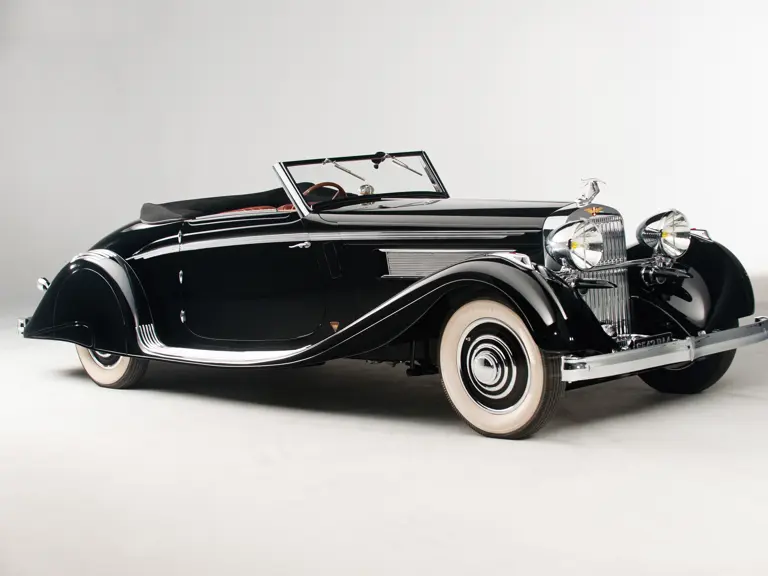

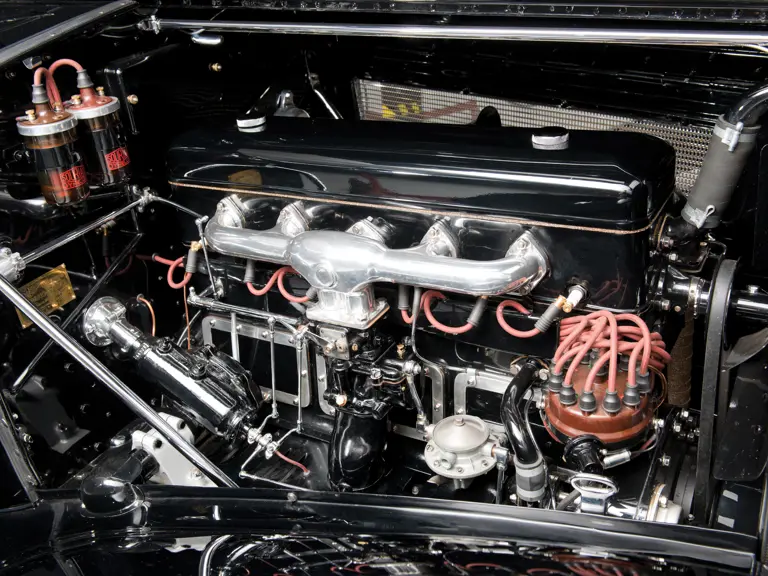
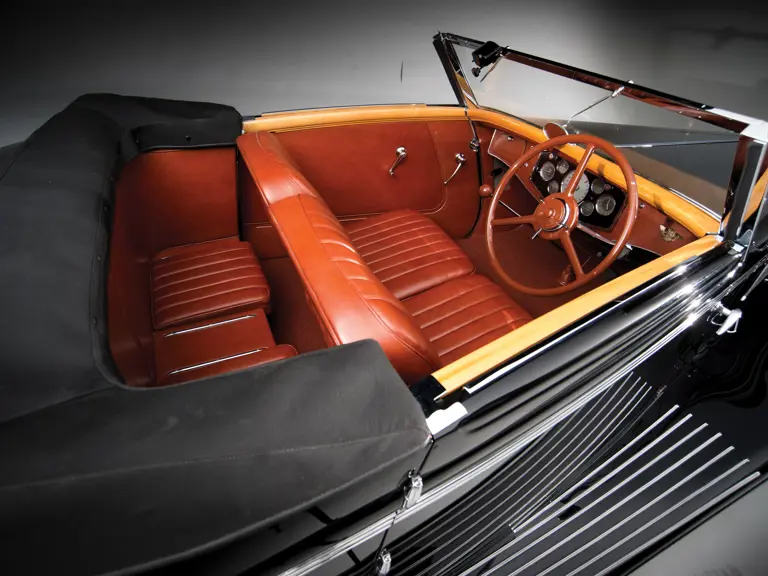
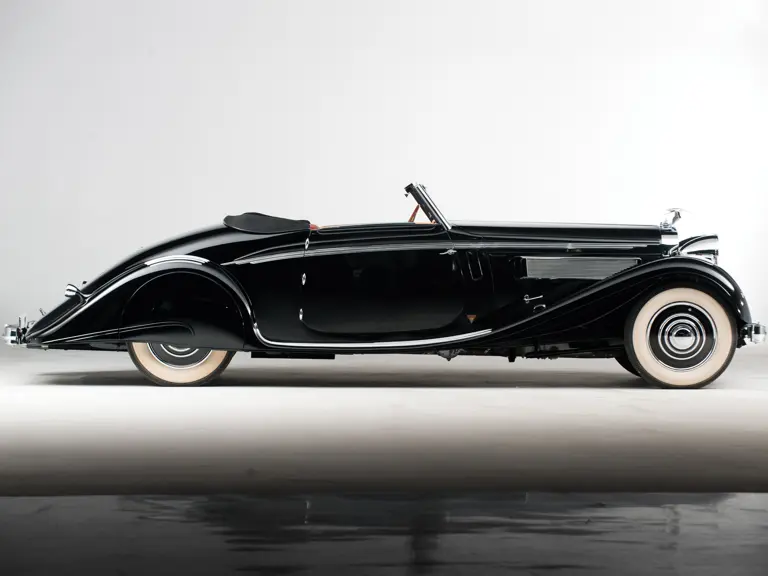
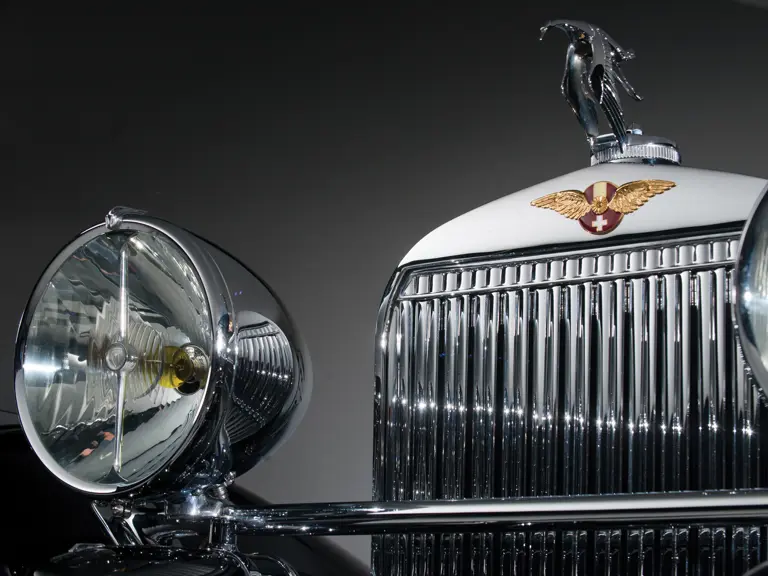
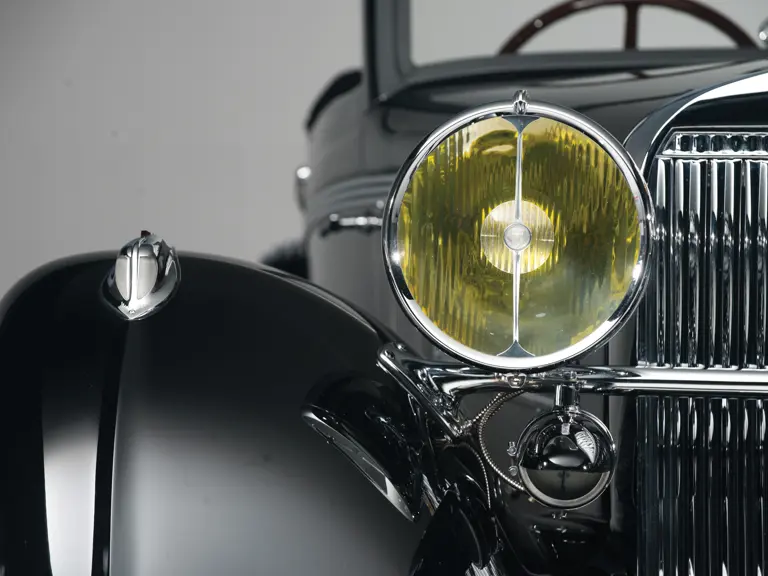
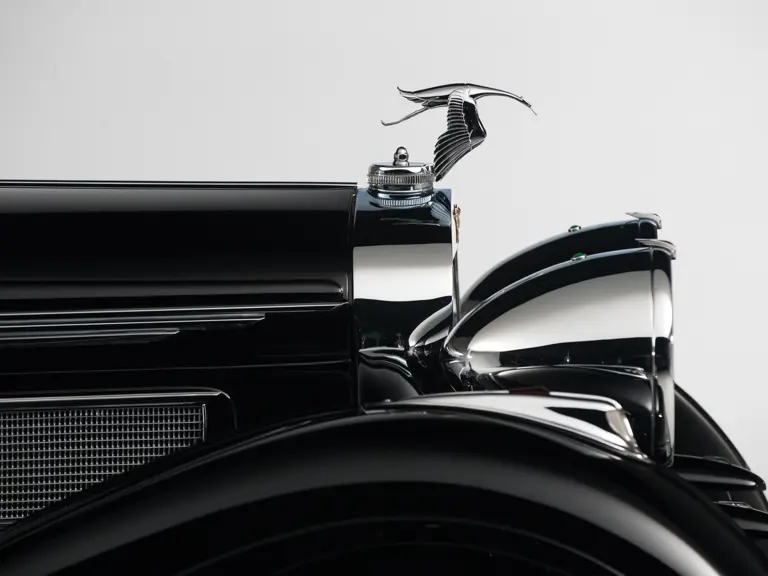
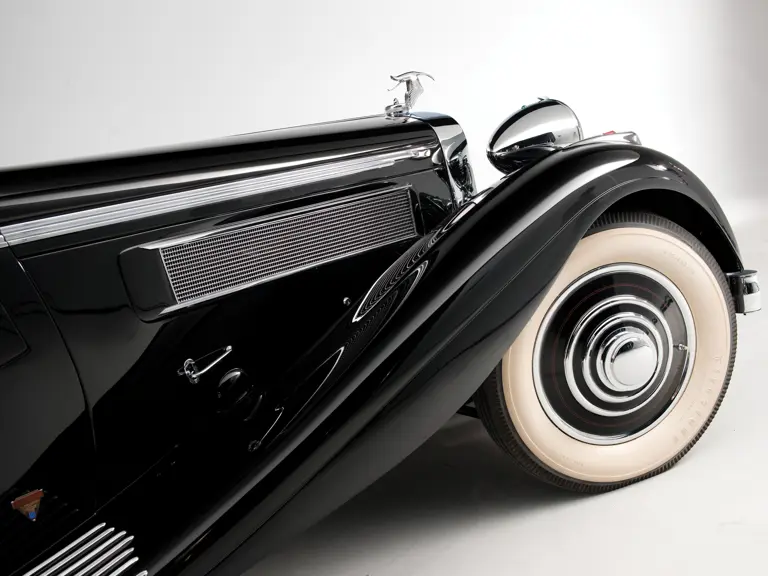
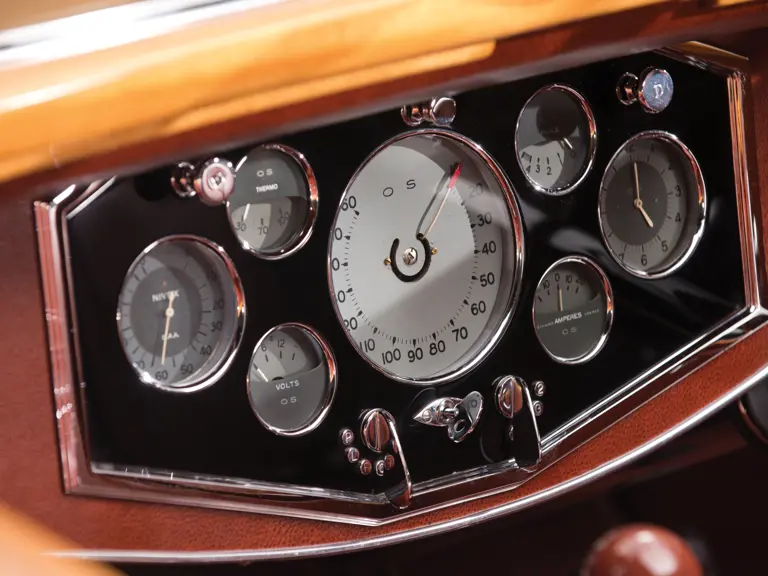
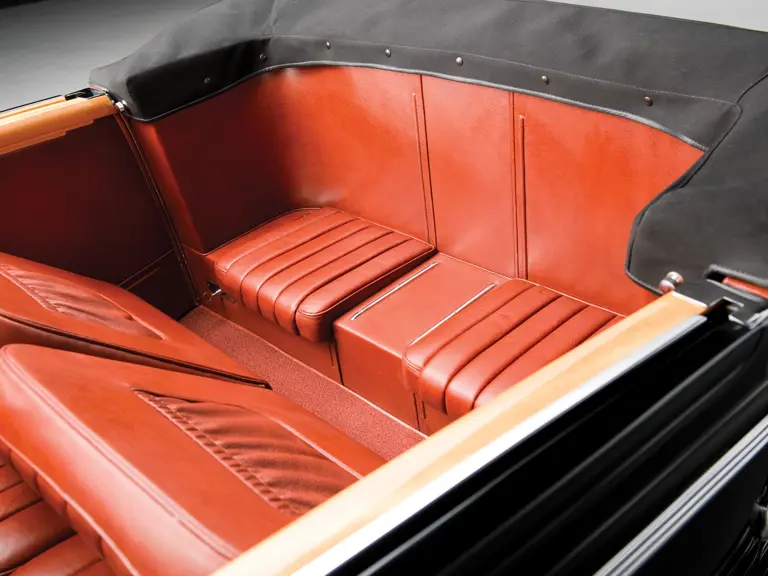

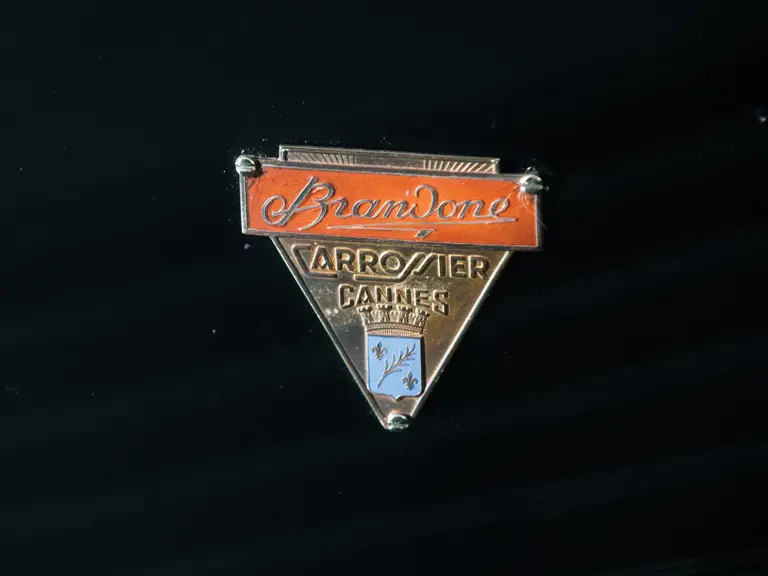
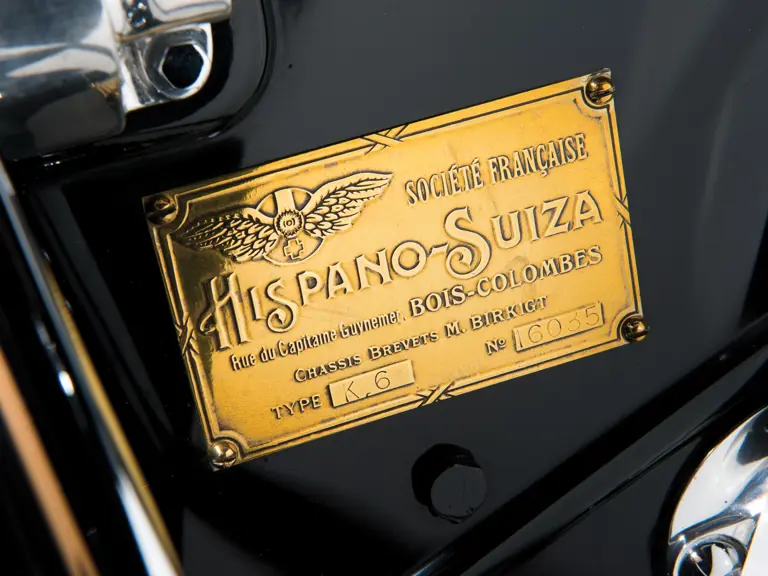
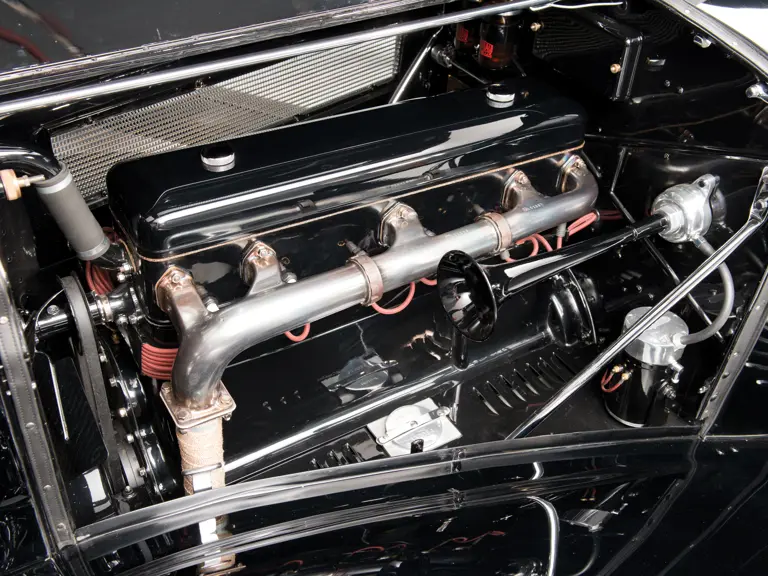
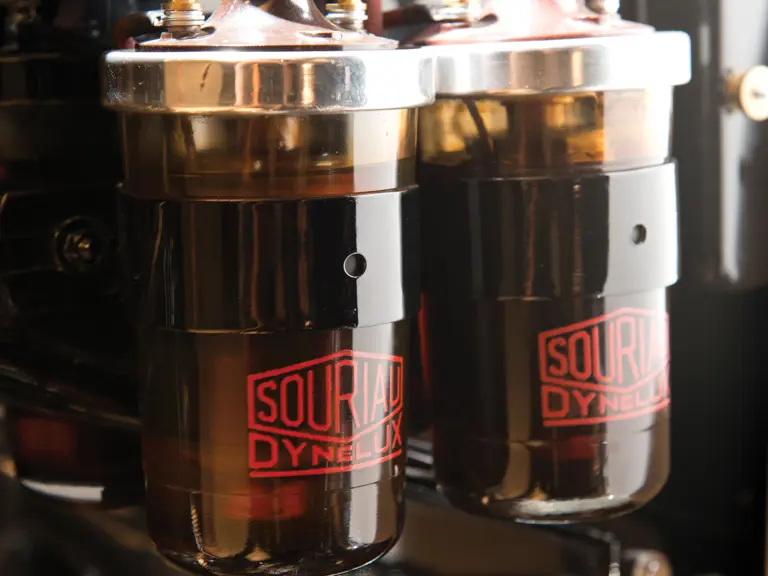
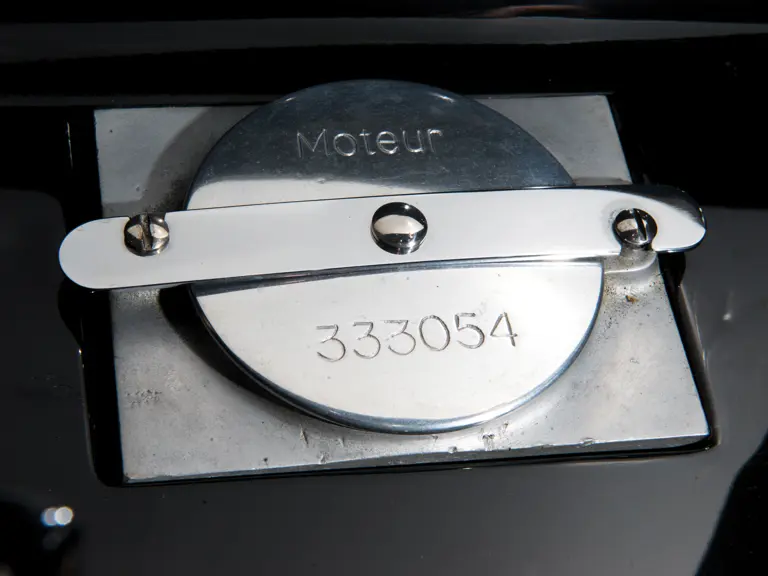
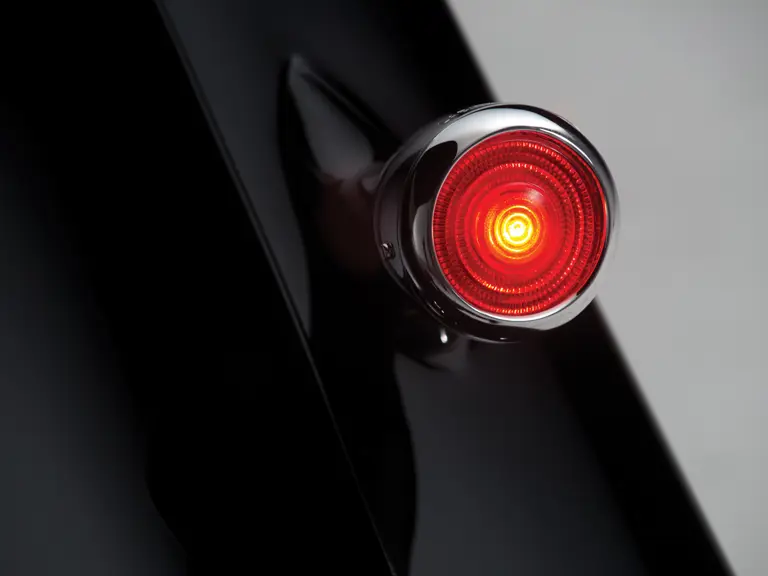
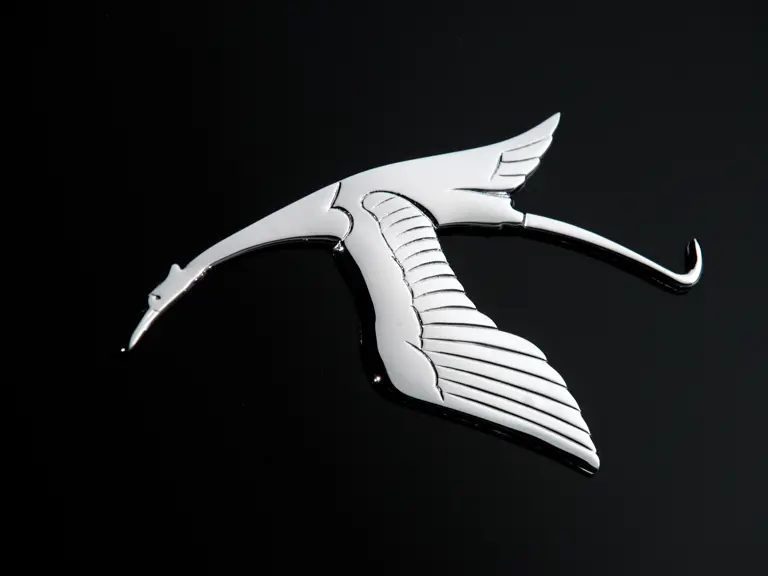

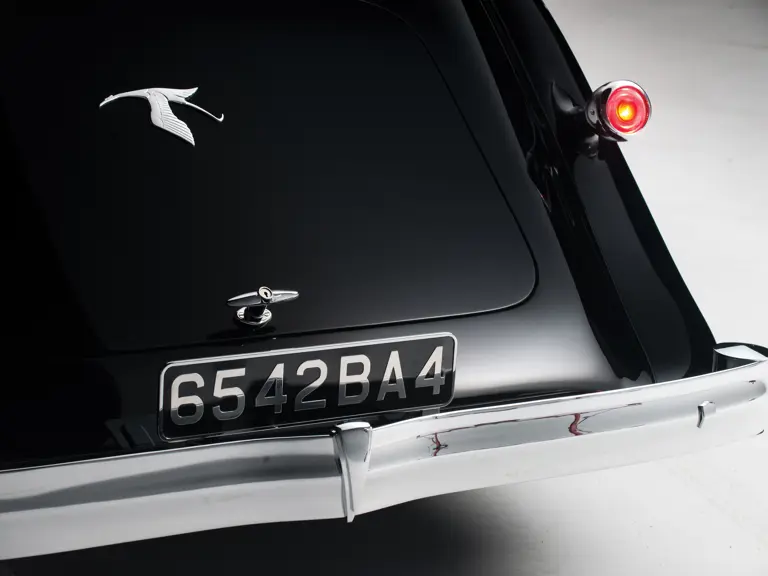
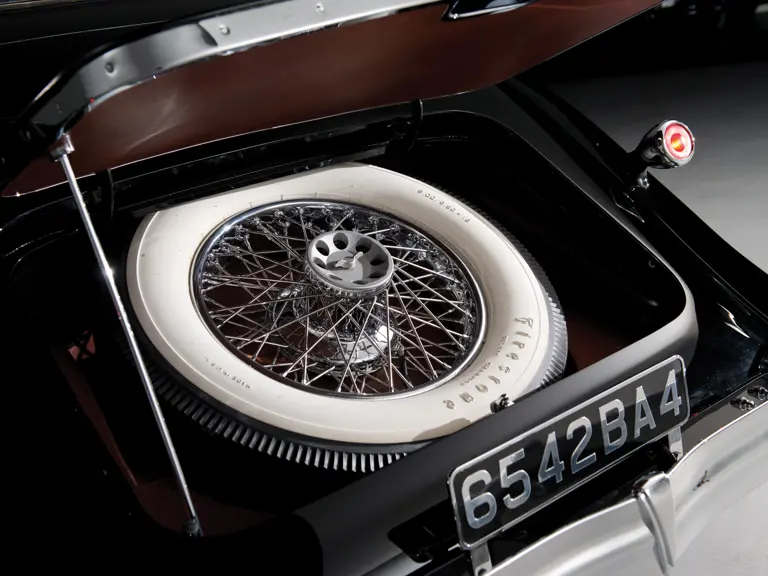
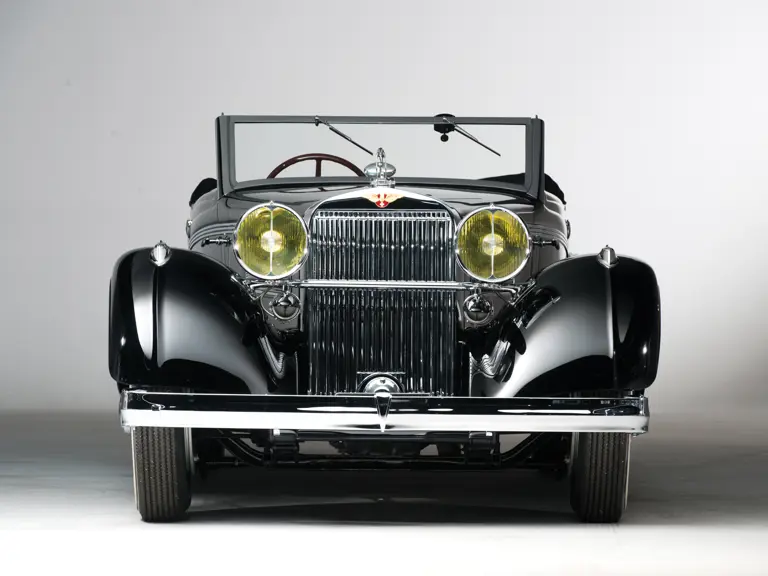
 | Monterey, California
| Monterey, California
